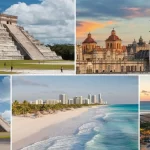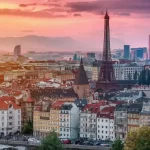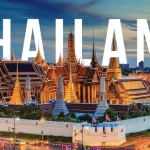Nigeria, often referred to as the “Giant of Africa,” holds a prominent position on the continent due to its rich cultural tapestry, economic prowess, and demographic influence. This travel guide aims to explore why Nigeria stands out as a must-visit destination in Africa, highlighting its diverse attractions and unique cultural heritage.
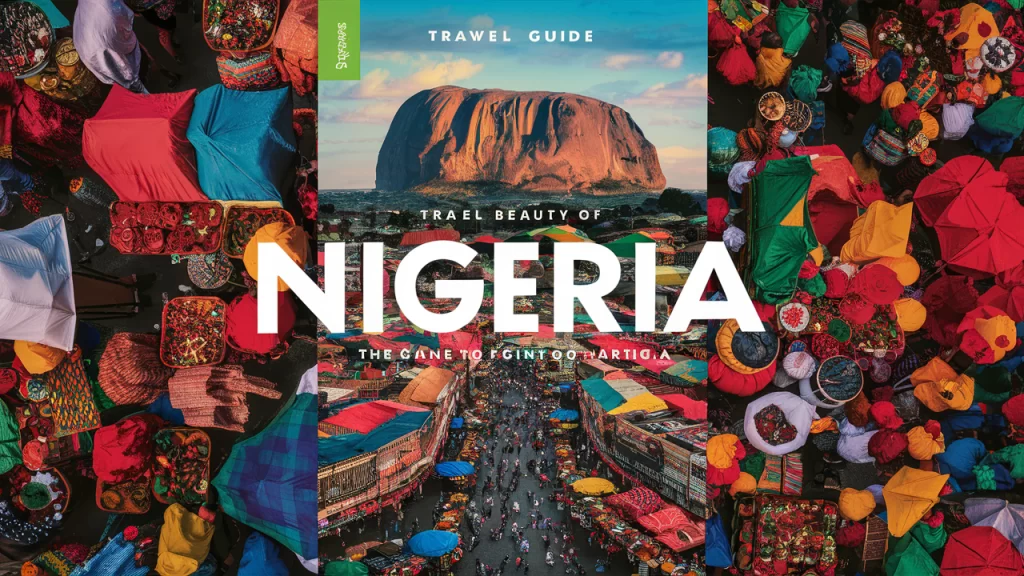
Content
What Makes Nigeria the Giant of Africa
Nigeria earns its title as the Giant of Africa through several key factors. Firstly, it boasts a vibrant cultural scene with over 250 ethnic groups, each contributing distinct traditions, languages, and festivals. Economically, Nigeria leads Africa with its robust GDP, driven by industries ranging from oil and gas to agriculture and telecommunications. With a population exceeding 200 million, Nigeria wields demographic influence not only within Africa but also globally. Politically, it plays a crucial role in regional stability and international diplomacy.
Top Destinations to Visit in Nigeria
- Lagos: As Africa’s largest mega-city, Lagos pulsates with energy, offering bustling markets, vibrant nightlife, and historical landmarks like the National Museum and Lekki Conservation Centre.
- Abuja: Nigeria’s purpose-built capital city showcases modern architecture, cultural institutions like the Nigerian National Mosque and Aso Rock, and the bustling Wuse Market.
- Calabar: Known for its historical landmarks and vibrant cultural festivals, Calabar attracts visitors with attractions such as the Slave History Museum and the annual Calabar Carnival.
- Kano: This ancient city is famous for its traditional crafts, bustling markets like Kurmi Market, and historical sites like the Kano City Walls and Emir’s Palace.
- Enugu: Surrounded by lush landscapes, Enugu offers attractions such as the Nike Lake Resort, Awhum Waterfall, and the National Museum of Unity.
Cultural Diversity and Heritage
Nigeria’s cultural diversity is showcased through its numerous ethnic groups, each with its own language, traditions, and ceremonies. Festivals like the Osun-Osogbo Festival and the Durbar Festival in Kano celebrate cultural heritage through music, dance, and traditional attire. Nigerian arts, music (Afrobeats), and literature (Chinua Achebe’s novels) have also gained international acclaim, contributing to Nigeria’s cultural richness.
Wildlife and Natural Wonders
Nigeria boasts diverse natural landscapes and wildlife. Yankari National Park, located in Bauchi State, is home to elephants, lions, and over 50 species of mammals. Obudu Mountain Resort offers breathtaking views, hiking trails, and adventure sports. The Niger Delta mangroves support a unique ecosystem, while Aso Rock in Abuja is both a geological marvel and a site of cultural significance.
Cuisine and Culinary Delights
Nigerian cuisine reflects its diverse cultures and includes staples like Jollof rice, a popular West African dish, and suya, a spicy skewered meat. Fufu, a starchy side dish, accompanies many meals. Street food vendors offer a taste of local flavors, making culinary exploration a delightful part of any visit to Nigeria. Regional specialties vary across the country, with Igbo, Yoruba, and Hausa cuisines each offering distinct flavors and cooking techniques.
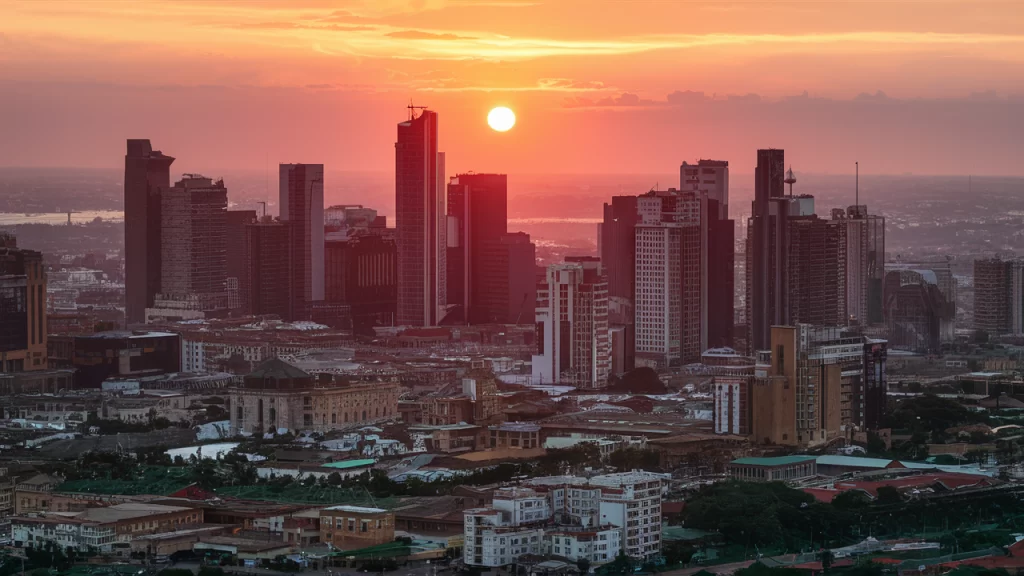
Is Nigeria Still the Giant of Africa?
While Nigeria continues to wield significant influence in Africa and beyond, it faces challenges such as economic diversification, security issues, and political stability. Despite these challenges, Nigeria remains a key player in the African Union and international diplomacy, with ongoing efforts to harness its potential and address socio-economic disparities.
Practical Travel Tips
Travelers to Nigeria should check visa requirements and ensure they have all necessary documentation. The best time to visit varies by region, with dry seasons generally more favorable for travel. Health precautions, such as vaccinations against diseases like yellow fever, are essential. Transportation within Nigeria ranges from domestic flights connecting major cities to road travel and local buses.
Conclusion
Nigeria’s status as the Giant of Africa is underscored by its cultural richness, economic significance, and demographic diversity. From vibrant cities like Lagos and Abuja to natural wonders and culinary delights, Nigeria offers a compelling travel experience. Whether exploring historical sites, experiencing cultural festivals, or savoring local cuisine, visitors will discover why Nigeria is a dynamic destination that continues to captivate travelers from around the world.

An avid traveler, Kirk Grover has been to over 50 countries. He has an extensive background in tourism and hospitality management, along with a degree in Hospitality Management from the University of Nevada Las Vegas. Kirk is very knowledgeable about travel-related topics – they are always up to date on the latest deals for flights, hotels, and other adventures around the world.







